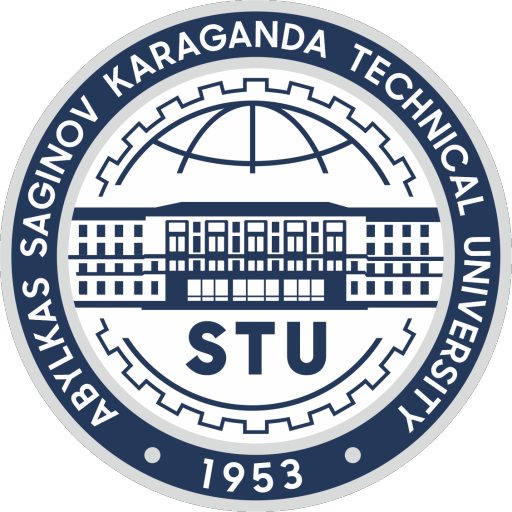Date: April 22, 2022
Purpose: Popularization of intellectual sports of KarTU named after Abylkas Saginov.
Tasks:
- Activate mental activity, train logical thinking and memory, observation, resourcefulness, ingenuity.
- Develop a sense of responsibility and the ability to resolve problem situations
- To cultivate calmness and self-confidence, perseverance, the ability to win with dignity and lose with dignity.
- To create conditions for the intellectual development of students.
The relevance of creating a “Chess Club” at the Department of Higher Mathematics is due to the growing popularity of chess as a game and sport since the beginning of the 20th century. Chess games develop such a complex of the most important qualities that they have acquired a special social significance for a long time. The relevance of instilling interest in the game also lies in its timeliness. At present, when the whole world has entered the era of computers and information technologies, the ability to quickly and intelligently understand a huge amount of information, the ability to analyze it and draw logical conclusions is of particular importance. Chess plays a very important role in the formation of logical and systemic thinking. “The skills learned at the chessboard will be useful to you in life. No one will regret the time given to Chess, because it will help in any profession. (Tigran Petrosyan, 9th world chess champion).
The social significance of chess lies in the fact that it is one of the best and most exciting leisure activities ever invented by mankind. A person who learns this game becomes collected, self-critical, gets used to.
Chess is a sport, a science and an art. When conducting a chess tournament, it is assumed that preliminary preparation for the tournament based on a wide range of sources and tasks, as well as practical play, will cause the participants a sense of emotional experience, creative mastery of knowledge, skills and abilities of the game, development of mental abilities, which will contribute to the formation of chess and general student culture. The ability to predict and predict events, the desire to calculate all possible options and outcomes of the game, the ability to make prompt decisions and make significant decisive moves – these are the main skills that a chess player acquires in the course of the game. The ultimate goal of any chess game is victory, so strong-willed efforts to overcome resistance are inevitable.
After the first stage of the chess tournament, the following were selected to participate in the second stage:
A series of chess games were held in which the winners of the first chess game competed to determine the winner. During the competition, the participants played a series of chess games from 3 rounds. The winners received diplomas, memorable gifts and valuable prizes. After the solemn awards ceremony, the participants of the competition shared their first impressions.
